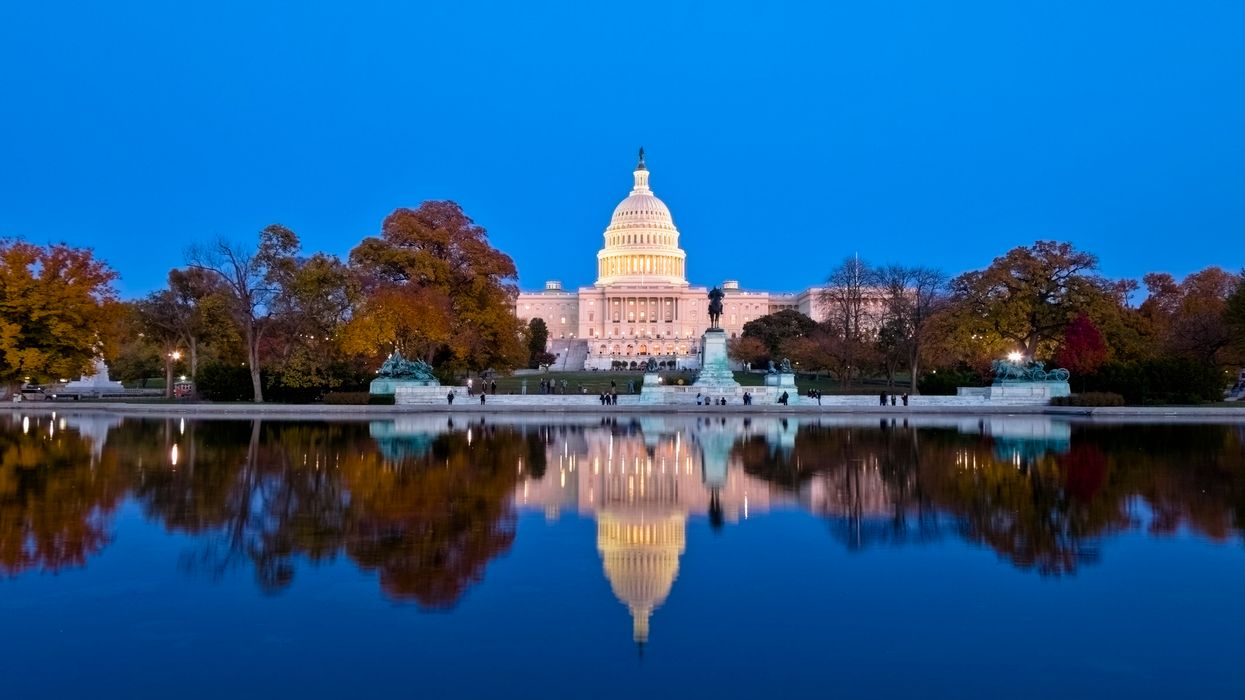Mills is associate vice president of policy at the R Street Institute, a nonpartisan and pro-free-market public policy research organization.
"Knowledge is power." The phrase is attributed to Francis Bacon, the so-called father of modern science, who believed that scientific knowledge enables the mastery of nature and the "relief of man's estate." Although Bacon himself was interested primarily in scientific and technological progress, the connection between knowledge and power is also a political problem — and one that is particularly pertinent today.
Knowledge has always been necessary for making laws and political decisions. But in modern times, scientific knowledge in particular has become indispensable for governing — and not only because modern states make decisions about overtly scientific matters like research funding, environmental protection and space exploration. Administering public policies, from health care and welfare to regulation and taxation, relies on various types of scientific knowledge. And it is, for the most part, carried out by executive agencies staffed by experts.
Over time, such agencies have acquired legislative-like powers — the authority, in effect, to make law by interpreting deliberately vague or broad statutes. One rationale for Congress' delegation of this power to the executive branch has to do with knowledge: Congress lacks the requisite expertise, whereas executive agencies do not. This is in part Congress' own fault, since it has, over time, depleted its own in-house expertise — by, for example, reducing expert staff and dismantling the Office of Technology Assessment. The imbalance of knowledge between Congress and executive agencies leads to an imbalance of power and vice versa.
This is problematic on three counts.
- The Constitution empowers Congress, not the executive branch, to make laws. It may not be realistic to expect Congress to function without some amount of delegation but, at the very least, Congress needs sufficient expertise — knowledge — to conduct meaningful oversight of the agencies to which this power is delegated.
- Congress is the Constitution's most democratic branch. Its members are elected representatives whereas, aside from the president, the executive branch is comprised of political appointees and unelected civil servants and contractors. Congress is therefore more directly responsive to democratic pressures. This arrangement may not always issue in technically sound policy, but it does allow for a higher degree of accountability.
- There is good reason to think that, on the whole, knowledge is more effectively used for political ends when it is not insulated from democratic pressures. Thinkers across the political spectrum have noted the temptation of modern nation states to instrumentalize knowledge for their own ends — and the problems that can result.
On the left, James C. Scott and Michel Foucault have pointed to the ways in which modern states produce knowledge in order to exert control over their populations. Without knowledge — including demographic, health and geographic data, as well as information about the flows of goods and people — the state is blind and unable to exercise its power. Yet such knowledge inevitably simplifies or even falsifies reality, and so can undermine the state's attempt to exert control. Sometimes the results are disastrous.
On the right, Michael Polanyi and Friedrich von Hayek have argued that central planning requires the planners to possess a knowledge of the vast array of complex systems that comprise the modern economy. Yet such knowledge is by its nature dispersed across these systems, existing only in decentralized form among the participants and practitioners. Thus centralized planning will fail because the planners will always lack adequate knowledge of how socioeconomic systems function.
The upshot of such arguments is not so much that the government cannot or should not rely on expert knowledge, but that attempts to insulate such knowledge from democratic accountability ends badly. We can attenuate this temptation by equipping Congress with more and better knowledge. By shifting knowledge back into the legislative branch, we can help shift power back to the people and their representatives.



















Trump & Hegseth gave Mark Kelly a huge 2028 gift